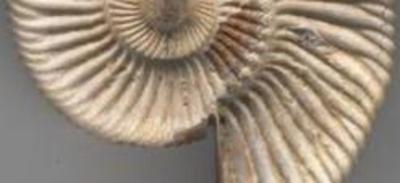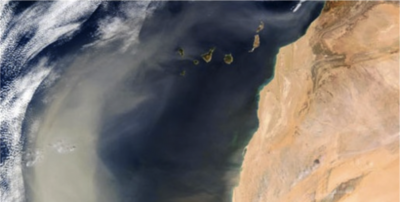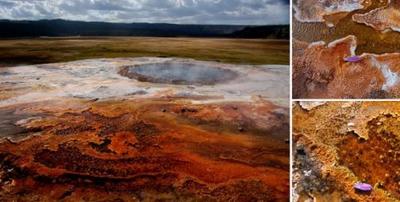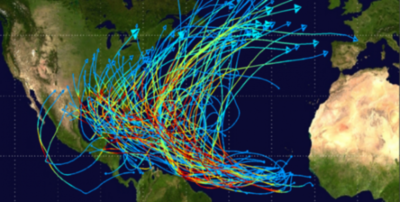Paleoclimate
“The farther backward you can look, the farther forward you are likely to see.” -Winston Churchill
In order to understand and put constraints on possible future climates we must determine the natural variability of Earth's climate system over its history.
 This is accomplished by studying the paleoclimate record. Such data reveals evidence of ancient worlds which had a very different climate from that of todays and present a great challenge to our understanding of climate dynamics and biogeochemical cycles. How could Chicago have been covered by 2 km of ice only 20 thousand years ago? How do we know? What are possible causes? PAOC researchers are attempting to answer such questions, using and extending the paleoclimate record, exploring possible mechanisms and building models of them.
This is accomplished by studying the paleoclimate record. Such data reveals evidence of ancient worlds which had a very different climate from that of todays and present a great challenge to our understanding of climate dynamics and biogeochemical cycles. How could Chicago have been covered by 2 km of ice only 20 thousand years ago? How do we know? What are possible causes? PAOC researchers are attempting to answer such questions, using and extending the paleoclimate record, exploring possible mechanisms and building models of them.
The earth’s climate evolves on time scales from inter-annual to billions of years, and the earth’s history provides a rich fabric of trends and events that are relevant to the prediction of future climate. Relevant climate change mechanisms include external forcing (solar variability, evolving over the life of the earth but also on shorter time scales down to the inter-annual; and rare but extreme cosmic impact events), orbital changes (tilt of the earth’s rotation, equinox precession, and eccentricity of the earth’s orbit around the sun], geophysical factors (volcanism, crustal rebound, plate tectonics), atmospheric composition (varying greenhouse gases, in part controlled by the biosphere and in part by chemical reactions between the atmosphere, crust, and mantle), and ocean, atmospheric, and cryospheric physical dynamics.


